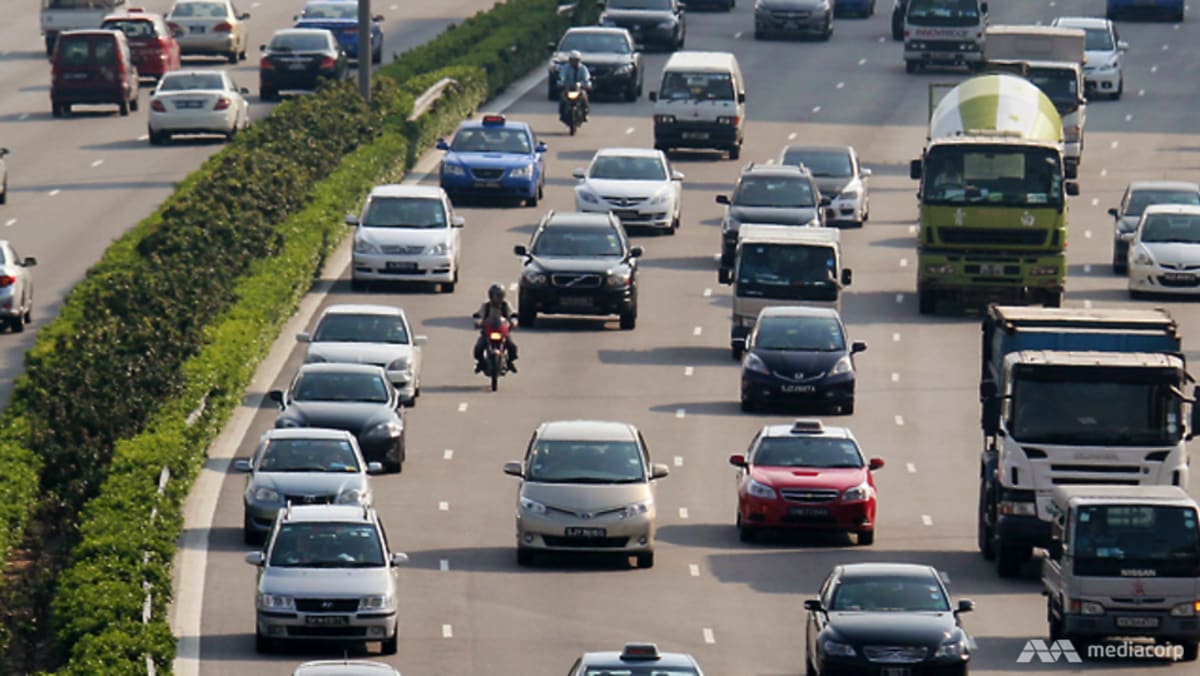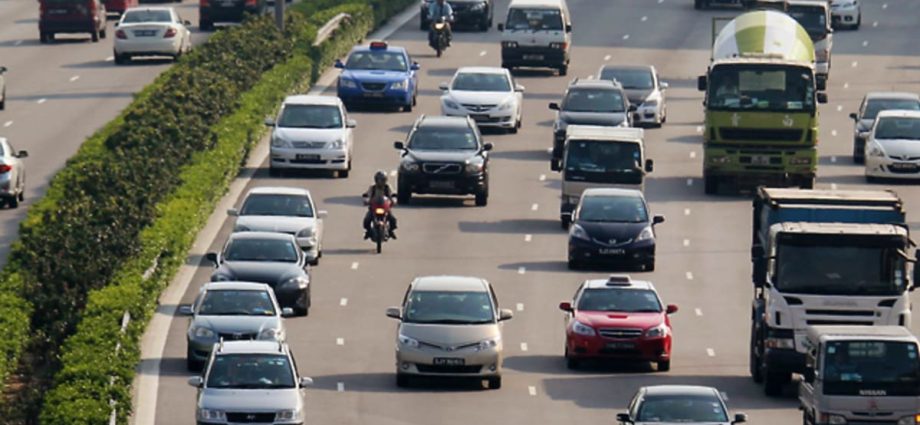
Member of Parliament Saktiandi Supaat, who chairs the Government Parliamentary Committee for transport, earlier told CNA that COE premium hikes were within expectations given a combination of the current deregistration cycle, constrained supply and strong demand.
Supply is unlikely to increase as Singapore has frozen vehicle population growth since February 2018.
“If fewer people deregister their vehicles, there will be a lesser supply of COE available during COE bidding,” he said. “This means the only way the prices will fall is for demand for vehicles to fall due to the price signalling and/or the economic cycle.”
Assoc Prof Theseira said that based on registrations from the early 2010s, the low COE supply is expected to continue through sometime in 2024.
But he pointed out that the actual effect on car ownership was smaller than one would think, due to the vast majority of car owners not replacing their cars during low COE supply years.
“For car owners on a more limited budget, provided they time their replacements carefully, there is no impact,” he said. “But if they are forced to replace their cars today, they might be priced out of the market.”
Mr Damian Sia, CEO of the Motorist Singapore platform, said the rise in COE prices has also impacted the used car market.
“For those who cannot afford to own a car, they may consider renting one, or the car sharing option.”

